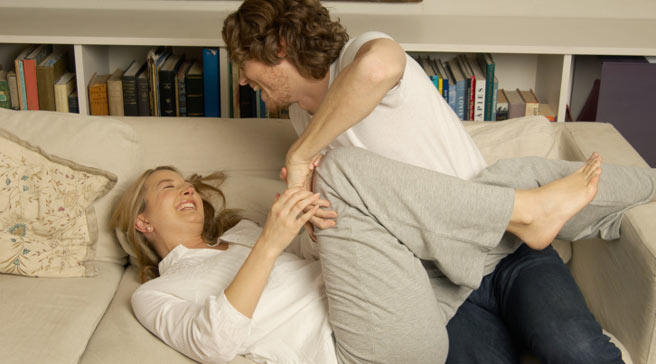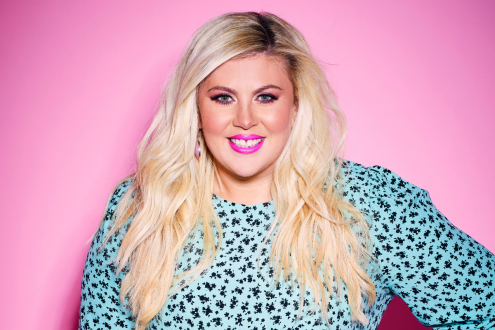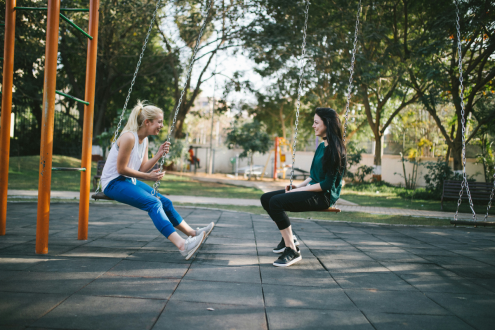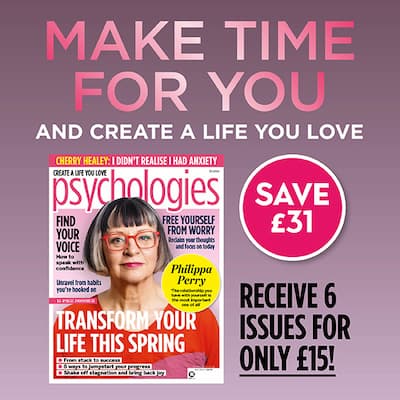Should we act our age?
Women’s roles are less defined by age than ever before, which is both liberating and confusing. We asked two experts what ‘growing up’ means today.

With booming plastic surgery, ‘kidults’ waiting years to settle down, if at all, and a rising tide of baby boomers going back to college and changing careers, it seems the boundaries of age and life stage are shifting. On the one hand we are encouraged to eliminate our wrinkles, hang on to our youthful bodies and ‘have it all’, whatever our age.
Yet, at the same time, we are chastised for coming to parenthood too late, divorcing too easily, living an extended adolescence and refusing to face up to our responsibilities.
So where does that leave us?
While we have destroyed the old stages and signposts, we’ve left little in their place. If we’re not going to become invisible, does that mean we should still be struggling to compete with women 20 years younger? There is no longer a uniform for the over 35s – a pleated skirt, button-up cardigan and ‘sensible’ shoes.
But is it acceptable to wear jeans in your fifties? And is spending a month’s salary on a pair of boots a sign of spontaneity or immaturity? If we’re all busy enjoying life to the full and being ‘the best we can be’, who’s doing the voluntary work or focusing on other people? Does growing up mean giving up on selfish pleasures?
‘What does ‘acting our age’ even mean?
The psychologist: Terri Apter With a child you could look at age-appropriate behaviours, but if a 50-year-old woman goes out for a drink with her friends, or dresses in a way that pleases her, then it makes no sense to say she should ‘act her age’. The question goes back to the negative stereotypes women are trying to break through. In recent years there has been some easing of the expected restrictions and invisibility of mid-life women. Our lives are no longer characterised solely in terms of an empty nest; in fact, for many women it’s a very full nest, with elderly parents, adult children who still need care, grandchildren and often a career as well. But there is still the fear that being not-young makes you less significant, less attractive. Do I have an interesting story once I’m in mid-life? People in the psychological profession will sometimes say they won’t work with someone in their mid-fifties because they’ll be too old to change. And yet the women I studied expressed more self-satisfaction in mid-life, had more energy, were more self-assured. They felt they had become socially invisible in a way they weren’t before, but this meant they were less self-conscious, and less vulnerable to the shadow voices that tell us what we should be doing and how we should be feeling. Women have much more social and economic power than we had 30 years ago, and women in mid-life have the advantage of being part of the large baby boom generation that has always been outspoken and influential. Society is changing and women are writing new roles. But that makes some people nervous. To talk about women needing to ‘act their age’ is a form of social control.
Terri Apter is a psychologist and author of 'Secret Paths: Women in the New Midlife' (Norton)
‘We need to get over our obsession with youth’
The psychotherapist: Rosjke Hasseldine We need to accept the age we are and concentrate on what is positive about it. Not only is our obsession with youth a losing battle, it is a rather insidious way of making women over 35 invisible. Making youthful looks a woman’s benchmark of worth sidelines the wisdom women gather as we get older. We see celebrities who’ve had plastic surgery. We’re told we’re not supposed to have any wrinkles, any grey hair, any fat. The increasing intensity with which ageing women’s bodies are attacked coincides with our increased social power. And if we strive to behave and look younger than we are, we are buying into the cultural dictate that to be young is to be better. Striving to be younger robs us of our money, time, mental space and self-esteem: what you should be asking yourself is, what have I learnt in my life that has made me better? What has made me who I am today?
Rosjke Hasseldine is a psychotherapist and relationship consultant.









